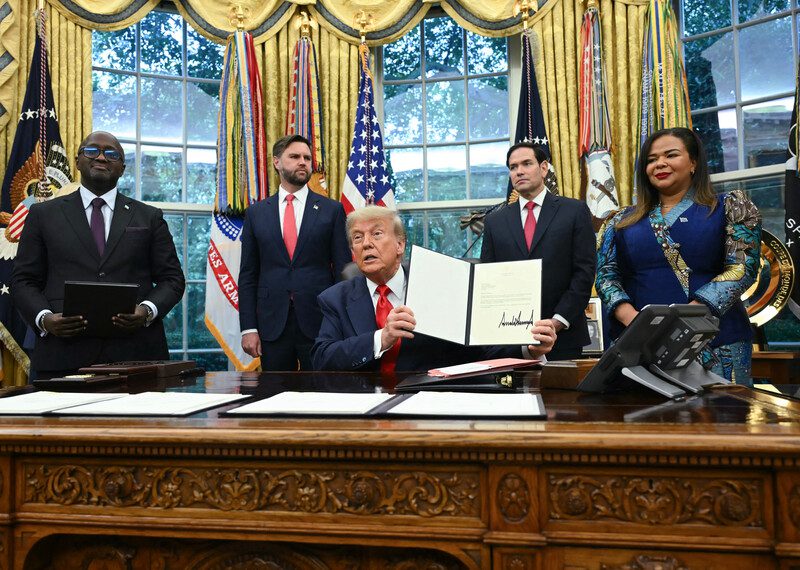Amnesty International said the recently signed peace agreement between the Democratic Republic of the Congo (DRC) and Rwanda (Rwanda) failed to address justice for victims of serious crimes.
“In the absence of impunity on the terrible crimes committed by Eastern Congo democracy, the agreement misses an opportunity to resolve the conflict decisively,” said Agnès Callamard, Secretary General of Amnesty International.
“When human rights abuse is not investigated and comply with, this leads to a cycle of abuse that civilians pay. This must stop keeping security sustainable.”
Since signing the agreement in Washington, D.C. on June 27, Amnesty International has received reliable reports that Rwanda supports the March 23 Movement (M23) and the Vasaronto armed groups, many of which are supported by the Congolese army, continue to clash in the northern and southern Kivie provinces, resulting in civilian deaths. In addition, M23 continues to kidnap young people and bring them to unknown locations. M23 negotiated with the Democratic Republic of the Congo during a separate mediation process led by Qatar, “noting” the United States achieved a peace agreement on June 30, but recently said it had nothing to do with them.
The agreement did not address the impunity of the horrible crimes committed in the eastern Democratic Republic of the Congo, missing an opportunity to resolve the conflict drivers decisively.
Agnès Callamard, Secretary-General of Amnesty International
Rwanda and the Democratic Republic of the Congo must urgently suppress the M23 and Wazalendo groups to prioritize civilian protection.
“The people of the eastern Congo feel hope for justice and security in the signing and failure of numerous peace agreements over the past 25 years. DRC and Rwanda owe the people of the eastern Congo, who continue to face the suffering at the hands of Vazaronto and M23 to push them together with armed groups in international litigation to support and international lawyers, and to collaborate with international lawyers and respect international lawyers.
background
Since the Rwanda-backed M23 fighter jet entered the country in November 2021, the human rights situation in the eastern Democratic Republic of the Congo has been deteriorating and continues to occupy large swaths of the northern and southern Kivo provinces.
The Democratic Republic of Congo and Rwanda attributed the people of the eastern Congo – who continued to face the pain of Vasaronto and M23 – to promote armed groups they support and cooperate to protect civilians and respect international humanitarian law.
Agnès Callamard
Experts and Human Rights Watch groups at the United Nations (UN) documented Rwanda’s support for the M23, the latest in a range of armed groups Rwanda has supported since the late 1990s.
On January 27, 2025, M23 announced that it fled safe Goma in other areas of residents and displaced people fled the Democratic Republic of the Congo or neighboring countries. On February 16, M23 occupied the main trading center and capital Bukavu in South Kivo Province. The simple killing case confirmed by the United Nations, Received a report In “arbitrary arrests and detentions, disparaging treatment and forced return of young Congolese people allegedly fleeing violence in neighboring countries”.
Amnesty International has documented how M23 killed, tortured and forced vanished detainees, took some people as hostages, and suffered inhumane conditions in detention in Goma and Bukavo, which could constitute a war crime. Wazalendo is a loose alliance of armed groups fighting the M23 and supported by the Congolese army. The United Nations and other human rights organizations have documented human rights violations committed by Vasaronto.
On June 27, 2025, Rwanda and the Democratic Republic of the Congo signed a peace agreement in Washington, DC to end the conflict between the two neighbors.


